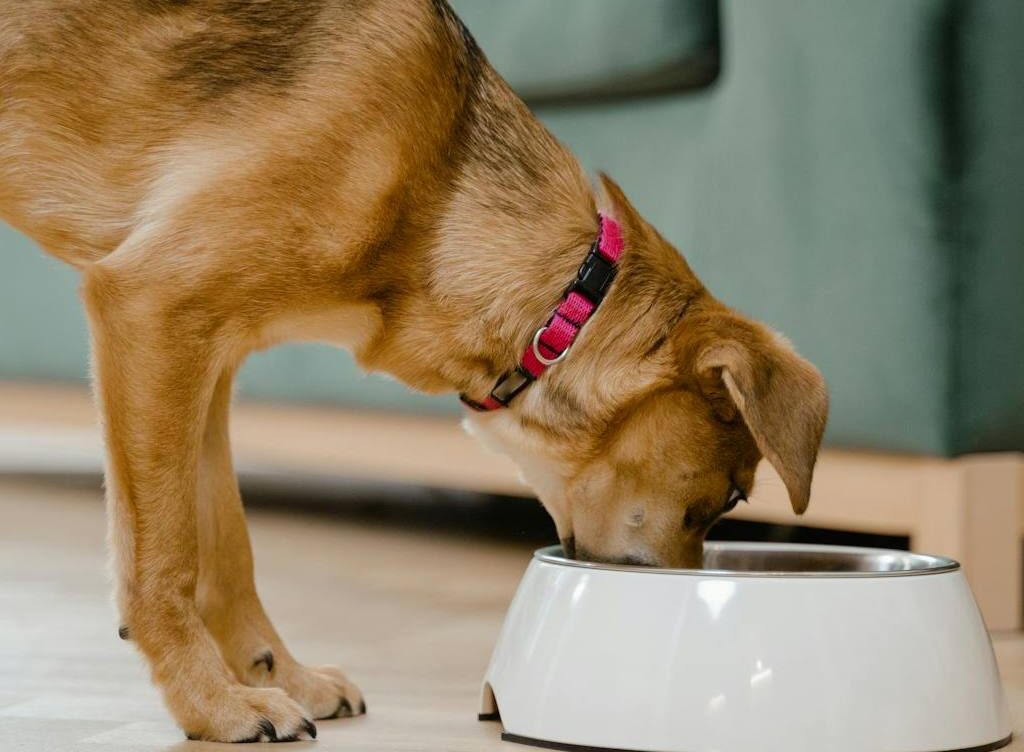
How Your Pet’s Diet Affects Their Mood and Behavior
Just like humans, pets are greatly affected by the food they consume. A well-balanced diet plays a crucial role in their overall well-being, influencing not only their physical health but also their mood and behavior. Understanding the connection between nutrition and behavior can help pet owners make informed choices that promote a happier and healthier pet.
1. The Link Between Diet and Behavior
Nutrition affects a pet’s brain function, energy levels, and stress response. The type and quality of food they eat can influence their mood, ability to focus, and even aggression levels.
- Proteins and Amino Acids: Essential for neurotransmitter production, proteins help regulate mood and cognitive function. A deficiency in amino acids like tryptophan can lead to anxiety or aggression.
- Carbohydrates and Energy: While some pets benefit from a moderate carbohydrate intake, excessive amounts can lead to energy spikes and crashes, impacting behavior.
- Fats and Brain Health: Omega-3 fatty acids support cognitive function and help reduce anxiety and hyperactivity.
- Vitamins and Minerals: Nutrients like B vitamins, magnesium, and zinc play a role in stress management and emotional stability.
2. How Diet Affects Specific Behaviors
Hyperactivity and Restlessness
- High-sugar or high-carb diets can cause energy fluctuations, leading to bursts of hyperactivity followed by lethargy.
- Providing a balanced diet with complex carbohydrates and lean proteins can help maintain stable energy levels.
Aggression and Anxiety
- Deficiencies in essential amino acids, particularly tryptophan (found in turkey, chicken, and fish), can contribute to aggressive or anxious behaviors.
- Omega-3 fatty acids, found in fish oil and flaxseed, help reduce inflammation and promote a calm demeanor.
Lethargy and Depression
- An imbalanced diet lacking essential nutrients can lead to fatigue and a lack of enthusiasm.
- Ensuring your pet receives enough vitamins and minerals can help improve their mood and activity levels.
Digestive Health and Mood
- A poor diet can lead to digestive issues, causing discomfort and irritability.
- Probiotics and fiber-rich foods aid digestion and support gut health, which is linked to emotional well-being.
3. Choosing the Right Diet for Your Pet
- Prioritize High-Quality Ingredients
- Opt for whole, natural ingredients over artificial preservatives and fillers.
- Look for foods with lean proteins, healthy fats, and essential vitamins.
- Consider a Species-Appropriate Diet
- Cats are obligate carnivores and require a diet rich in animal protein.
- Dogs thrive on a balanced mix of proteins, fats, and moderate carbohydrates.
- Avoid Artificial Additives
- Artificial colors, flavors, and preservatives can contribute to hyperactivity and allergies.
- Choose natural, minimally processed pet food whenever possible.
- Monitor Portion Sizes and Feeding Schedule
- Overfeeding or inconsistent meal times can lead to mood swings and energy imbalances.
- Feed at regular intervals and avoid excessive treats.
4. When to Consult a Veterinarian
If your pet exhibits sudden changes in behavior, a nutritional deficiency or food sensitivity could be the cause. Consult a veterinarian to rule out underlying health issues and get recommendations for an optimal diet.
